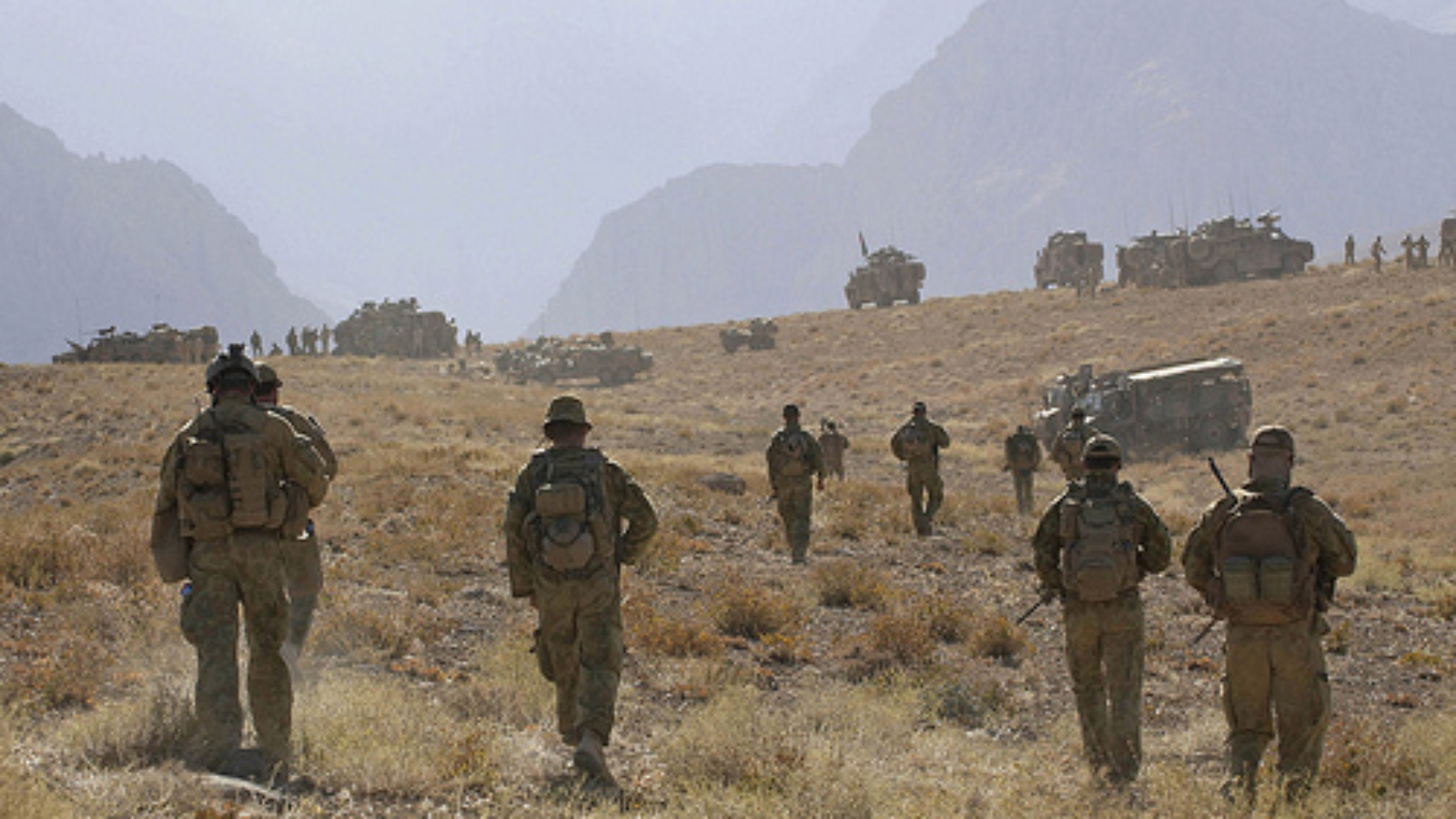By Michael Cohen
So I'm about to do something decidedly unwise; I'm going to go a bit out on a limb in predicting where things are headed with the US mission in Afghanistan. As you can see from the title above; I have a sneaking suspicion that something has dramatically changed about the national discourse regarding our policy in Afghanistan.
The first and most obvious sign – and perhaps the catalyst for change – was the replacement of Stanley McChrsytal with David Petraeus. As I wrote at the time, President Obama was getting rid of a general who seemed to be operating under the premise that the US could win in Afghanistan (and was in it for the long haul) versus one who has shown a history of more pragmatic behavior and a better understanding of political realities.
But really since then it feels like the whole narrative on Afghanistan has changed. Once upon a time US options in Afghanistan were reduced, in popular debates, to staying the course or cutting and running. But in recent weeks you've had Robert Blackwill call for de jure partition of Afghanistan; Richard Haass is now arguing that Afghanistan is not worth it and we need to drawdown; FareedZakaria is expressing incredulity at the level of US commitment to Afghanistan to combat a minimal threat. Hell even Newt Gingrich said things "won't end well" there.
And today in the New York Times, David Sanger makes the following observation, "Mr. Obama has begun losing critical political figures and strategists who are increasingly vocal in arguing that the benefits of continuing on the current course for at least another year, and probably longer, are greatly outweighed by the escalating price."
Aside from John Nagl, it's getting harder and harder to find anyone who thinks things are going well, we're going to "win" in Afghanistan or that a course correction is unneeded. (Well of course, the Obama Administration would be the other exception).
So with that backdrop, on Monday I went to hear David Kilcullen at an event hosted by the World Policy Institute here in New York. As you can likely imagine I was loaded for bear, ready to take on Kilcullen's pro-COIN arguments.
Well he started off by going through all the reasons why you don't want to do counter-insurgency. And this wasn't an Accidental Guerrilla argument; it was a litany of the challenges in trying to capture "hearts and minds" or fighting your way out of a COIN fight or trying to marshall political will or relying on a host country government for support or trying to "out-service provide" your enemy etc. In short, Kilcullen was basically making the basic anti-COIN argument.
So I then asked what seemed like an obvious follow-up observation: knowing all the inherent challenges in fighting a counter-insurgency – and considering the US-imposed timeline for beginning withdrawals from Afghanistan – isn't it pretty much a terrible idea to try and wage a COIN campaign in Afghanistan today.
And Kilcullen basically said yes, arguing instead that the US should move away from COIN and focus more on stability operations. He talked about the need for a bottom-up rather than top-down strategy and the importance of devoting more resources to stable areas of Afghanistan, rather than the red zones in the south and east.
By the time he was done, I leaned over to a friend and noted that Kilcullen answered my question pretty much the exact same way I would have.
Now the fact that David Kilcullen and I agree on the hopelessness of doing COIN in Afghanistan is, in of itself, not terribly interesting. After all, if you go back to the fall Kilcullen was sounding some discordant notes about the Obama Administration trying to find some middle way to find a counter-insurgency. He seemed to be arguing that it was an all or nothing. I don't really agree with that, because it sort of assumed COIN or nothing; but to Kilcullen's credit he was willing to push back on the conventional wisdom.
But what is interesting, I think, is that now (in July 2010) Kilcullen seems to have basically concluded that the current mission can't work – and that the hopes for a successful counter-insurgency campaign in Afghanistan have come and gone. And this is someone who just got done writing a book on counter-insurgency.
Now I'm not arguing that as Kilcullen goes . . . so goes the US military or even the Obama Administration. But it seems increasingly clear that elite opinion on Afghanistan is beginning to shift against the current mission and toward a more limited set of goals. Unless Barack Obama is LBJ re-incarnated I think that has to, at some point, make a difference.
It will be interesting to see how things play out on the ground over the next few months, but I think we've hit a genuine inflection point on Afghan policy – and it leans toward de-escalation, not escalation.
Read the original post at Democracy Arsenal
